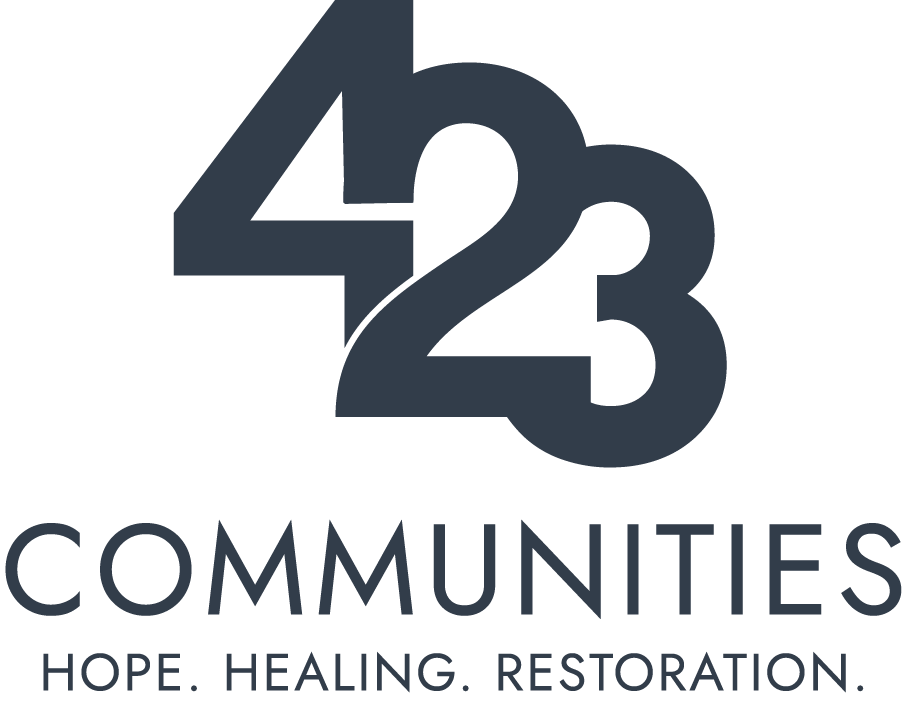Can Porn Change The Way You Experience Healthy Human Connections?
We’ve got Facebook, Instagram, Snapchat, Twitter, Pinterest, YouTube, Tumblr, Reddit… All of these social platforms were designed to pave the way to more connections with real people on the other side of the keyboard. But are they really, actually connecting us?
And forget about social media for a moment, where you’ve likely met at least a few of the people whose images you’ve “liked”—what about porn, where consumers are about as personally connected to porn performers on screen as one follower is to a celebrity’s Instagram account? In other words, there’s no actual connection there—it’s all surface and shallow.
The reality is, none of these digital, alternative options truly fulfill our biological and psychological need for other people. And in fact, porn especially can fuel loneliness and isolation in consumers. After all, we hear countless stories and see many studies that detail how the ease of turning to porn when someone is in need of feeling connected to someone—anyone—can become the default, rather than turning to someone real to talk to or be with.
But what’s the big deal? Why do people need other people so much, and what are the benefits of surrounding yourself with real, living, breathing humans who can have face-to-face conversations with you?
There are a lot of benefits, actually, compared to what porn offers. Let’s break a few of them down.
Humans work better when we’re not alone
“Human beings are an ultra-social species—and our nervous systems expect to have others around us,” Emiliana Simon-Thomas, PhD, Science Director of the Greater Good Science Center at The University of California, Berkeley, tells NBC News BETTER in their report. In short, according to biology, neuroscience, psychology, and more, our bodies actually tend to work better when we’re around others, and not alone.
Being lonely has been linked to worse physical and emotional health outcomes and poorer well-being. Plus, according to the report, a lack of social support can directly affect our potential for experiencing happiness, explains Simon-Thomas, who studies the biology of our emotions and thinking. “We’re built to really seek social companionship and understanding.”
Does porn honestly offer either of those things?
Being around other people can make someone healthier
According to the NBC report, physiologically, not having a social support system is actually a source of chronic stress for the human body, Simon-Thomas explains. Studies show that when people feel lonelier they have higher levels of the stress hormone cortisol. And that type of chronic stress raises risk of cardiovascular disease and other challenges to health and wellness, Simon-Thomas adds. Conversely, relationships can encourage behaviors that are good for us, too (like eating right and exercising).
So it makes sense that studies show having fewer social ties is associated with more heart disease, cancer, and impaired immune function, as well as with worse recovery when it comes to those health problems.
But what does porn have to do with having fewer social ties and becoming more lonely?
“The more one uses pornography, the more lonely one becomes,” says Dr. Gary Brooks, a psychologist who has worked with porn addicts for the last 30 years. [1] “Anytime [a person] spends much time with the usual pornography usage cycle, it can’t help but be a depressing, demeaning, self-loathing kind of experience.” [2] The worse people feel about themselves, the more they seek comfort wherever they can get it. Normally, they would be able to rely on the people closest to them to help them through their hard times—a partner, friend, or family member. But most porn consumers aren’t exactly excited to tell anyone about their porn habits, least of all their partner. So they turn to the easiest source of “comfort” available: more porn.
To read the rest of the article visit https://fightthenewdrug.org/porn-fails-at-fulfilling-the-need-for-real-connection/
Would you like to join a group of men, women, or young people fighting against pornography and the spirit of porneia? Join a 423 Communities group today!
[1] Brooks, G. R., (1995). The Centerfold Syndrome: How Men Can Overcome Objectification And Achieve Intimacy With Women. San Francisco: Bass. Cited In Yoder; V. C., Virden, T. B., & Amin, K. (2005). Internet Pornography And Loneliness: An Association? Sexual Addiction And Compulsivity, 12, 19-44. Doi:10.1080/10720160590933653 [2] Interview With Dr. Gary Brooks, Oct. 23, 2013.

